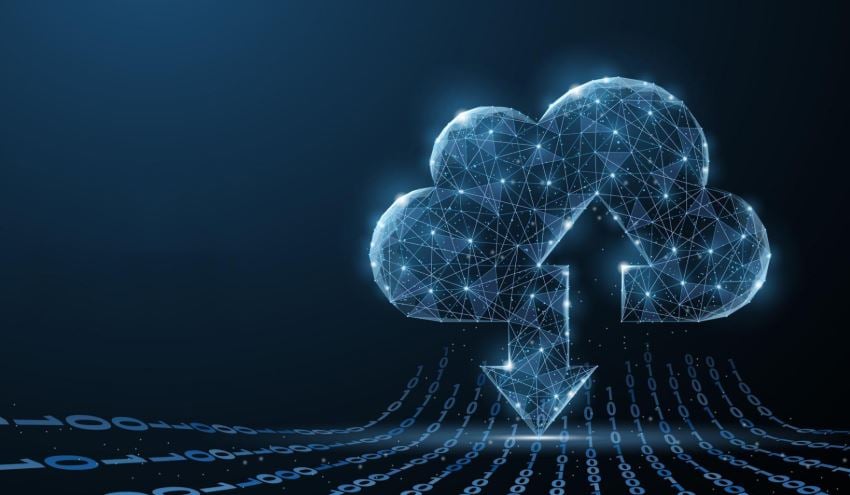Data management platform: in which sectors does it perform best?

Until recently, Data Management Platform (DMP) systems were associated almost exclusively with digital advertising.
That’s why, the common opinion is that DMsP best perform in the following areas: publishing and advertising agencies, with a cross connotation that nevertheless intercepted the vast world of marketers. This is because DMPs can collect and sort out an enormous amount of data, coming from disparate sources (Web, social, mobile), for the purpose of a "surgical" profiling of customer to be reached. They therefore represent a formidable tool for advertising campaigns, which are more effective because they are based on accurate segmentation of the recipients. This is demonstrated by the growth, also in Italy, of Internet advertising which, according to Milan Polytechnic Observatory, sells in 2019 almost 3.2 billion euros. Although this sector still represents the one in which Data Management Platforms are more widespread, we must not underestimate the huge potentialities that the system offers to those companies that need to transform data into business value. It means almost all companies.
Convergence in online and offline retail thanks to the Data management platform
The difference between a "tactical" DMP, simply used for the purchase of digital media spaces, and a "strategic" one, which instead serves as an advanced tool of Business Intelligence and marketing automation, also determines the context of its use. From a strategic point of view, there are some sectors in which Data Management Platforms shows a certain effectiveness.
The first is retail. Retail sales are facing an enormous challenge of a dual nature: competition with the e-commerce giants on the one hand, and the harmonization of sales flows between the online and offline on the other. The latter is even more insidious than the first. All the medium and large retailers, in fact, have developed e-commerce sites in recent years, leaving customers free to make purchases at a distance or to go to their own stores, with the risk of witnessing a gradual emptying of stores. A risk that they had to face by bringing digital innovation into physical stores, especially with IoT detection systems, interactive totems and smart shop windows. In this way, the information collected in store, combined with that recorded in online interactions, has allowed us to guide the customer experience and, consequently, a more and more personalization of the offer.
The infinite fields of application of DMP (for example, Healthcare)
Without a Data Management Platform, the integration of data collected online with those detected offline would not be possible. Therefore, retail is benefiting from its ability to aggregate and systematize transactional, analytical and behavioral data. From which the possible outputs derive from: statistical analysis (Business Intelligence) also of a predictive nature thanks to artificial intelligence; automatic actions (Marketing Automation) such as push notifications, product recommendation engine, sending personalized content. It can therefore be guessed why the economic sectors affected by the DMP are potentially unlimited, even if those in which the amplitude and inhomogeneity of data require a powerful engine that converts them into intelligible information lend themselves more. One area for example is Healthcare. At first glance it might seem paradoxical that the healthcare and pharmaceutical sector can find in the Data Management Platform a solution for optimized patient management. Yet it is precisely its evolution, driven by innovations such as the electronic medical record as well as by the spread of wearable devices, to have created an almost natural connection with DMP. The confluence of data referring to health, in fact, must find a sort of "dynamic container" for modeling in favor of both public and private companies, which deal with the care of people through therapy and the release of drugs, and patients themselves who can consult the history of their diagnoses at any time. This dynamic container can only be a Data Management Platform that brings together clinical data, drug buying trends, diagnostic reports, value measurement charts and so on.












